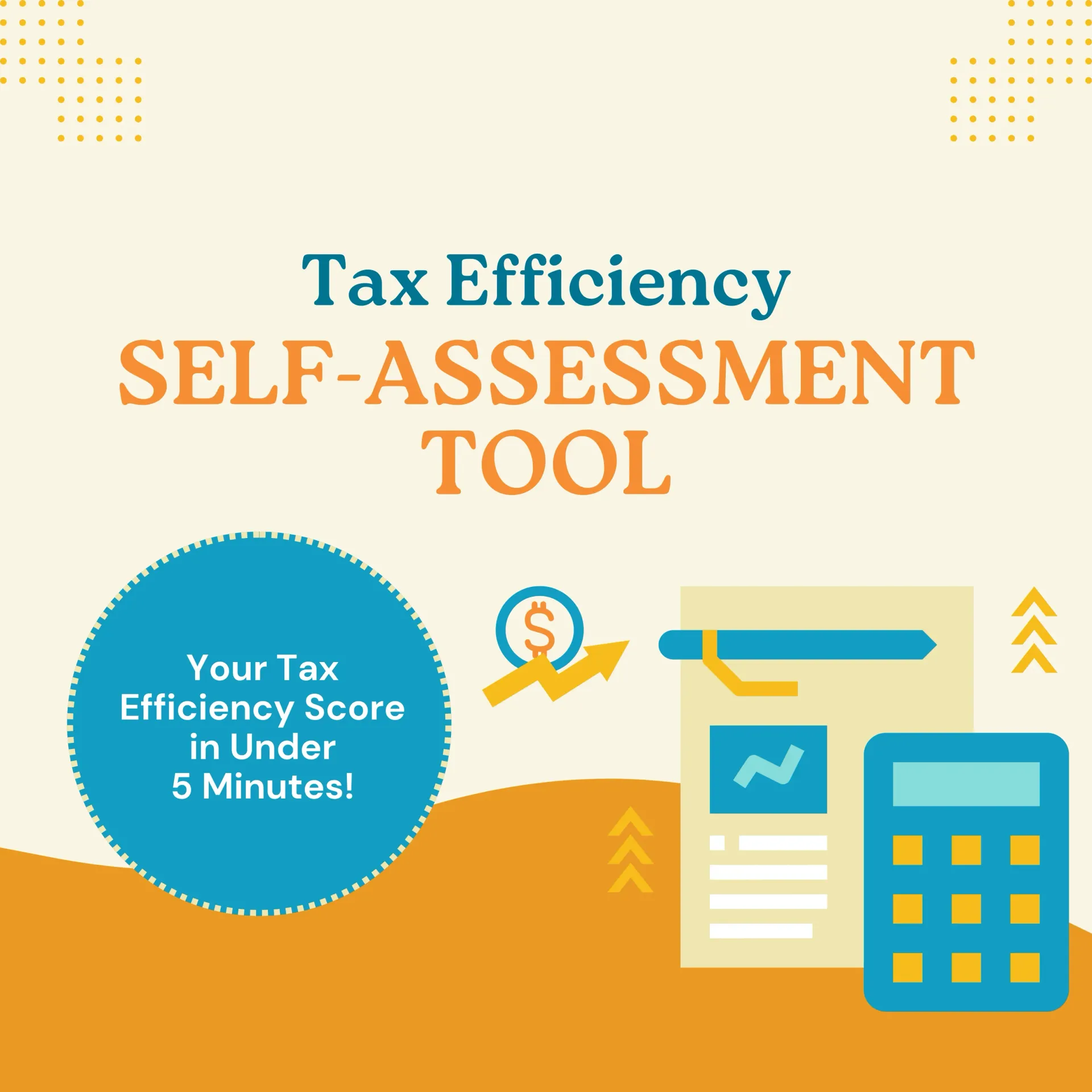Accounting Essentials for Independent Contractors: Best Practices
As an independent contractor, you're in charge of your own financial destiny. It's exciting, but let's be honest - it can also be a bit overwhelming. Juggling fluctuating income, expenses, and tax obligations isn't always a walk in the park. But don't worry, I've got your back! Let's dive into some essential
accounting tips that'll help you take control of your finances and set yourself up for success.
Why Proper Accounting Matters for Independent Contractors
You might be thinking, "Do I really need to bother with all this accounting stuff?" Trust me, it's worth it. Proper accounting isn't just about crunching numbers - it's about giving yourself the power to make smart decisions for your business.
Think of it this way: good accounting practices are like having a clear GPS for your financial journey. They help you:
- Track your income and expenses, so you know exactly where your money's coming from and where it's going
- Plan for taxes (because nobody likes surprises from the IRS)
- See how your business is performing and spot areas where you can improve
It's like having a financial superpower. You'll be able to see trends, adjust your strategies, and make informed decisions that'll help your business thrive.
Setting Up Your Financial Records: Getting Organized
Alright, let's roll up our sleeves and get your financial house in order. First things first:
Separate Your Business and Personal Finances
Open a separate bank account for your business. Trust me, your future self will thank you when tax season rolls around. It makes tracking your business expenses and income so much easier.
Choose Your Accounting Tools
There are tons of great accounting software options out there. Find one that works for you, or if numbers really aren't your thing, consider hiring a professional accountant. They can be worth their weight in gold when it comes to keeping your finances on track.
Create a System for Tracking
Set up a simple system for organizing your invoices, receipts, and other financial documents. Whether you prefer digital files or good old-fashioned paper folders, the key is consistency. Make it a habit to update your records regularly - maybe set aside some time each week to keep everything in order.
Tracking Income and Expenses: Know Your Numbers
Now that you've got your system set up, it's time to put it to work. Keeping tabs on your income and expenses is crucial for understanding the financial health of your business.
Categorize Your Expenses
Create categories that make sense for your business. Common ones might include:
- Office supplies
- Travel expenses
- Professional development
- Marketing and advertising
Knowing where your money's going can help you make smarter spending decisions and identify areas where you might be able to cut back.
Monitor Your Income
Keep a close eye on all your income sources. This will help you identify your most profitable clients or projects, and make sure you're not missing out on any payments.
Pro tip: Many accounting software options can automatically categorize your transactions, saving you time and reducing the chance of human error.
Tackling Taxes: Stay Ahead of the Game
Ah, taxes. They're not the most exciting part of being an independent contractor, but they're definitely important. Here's how to stay on top of your tax obligations:
Save for Taxes
Set aside a portion of your income for taxes. A good rule of thumb is to save about 25-30% of your earnings, but it's always a good idea to consult with a tax professional to get a more accurate estimate for your specific situation.
Keep Detailed Records
Remember that organized system we talked about earlier? This is where it really pays off. Good records make filing your taxes much easier and can help you maximize your deductions.
File on Time
Mark those tax deadlines on your calendar and make sure you file on time. Late filing can result in penalties, and nobody wants that.
Consider Professional Help
If taxes make your head spin, don't hesitate to seek help from a tax professional. They can ensure you're complying with all regulations and help you find deductions you might have missed.
Budgeting and Cash Flow: Keep Your Business Healthy
Creating a budget might not sound like the most thrilling task, but it's a powerful tool for managing your finances. Here's how to get started:
Identify Your Fixed Expenses
These are the costs that stay pretty much the same each month, like rent, insurance, or software subscriptions.
Plan for Variable Expenses
These can fluctuate from month to month, like supplies or travel costs. Look at your past expenses to estimate these.
Set Aside Savings
Don't forget to budget for savings and an emergency fund. As an independent contractor, having a financial cushion is crucial for peace of mind.
Review and Adjust
Your budget isn't set in stone. Review it regularly and make adjustments as needed. Maybe you'll find areas where you can cut back, or maybe you'll decide it's time to invest more in certain aspects of your business.
Remember, effective cash flow management is about more than just tracking money in and out. It's about timing those inflows and outflows to ensure you always have enough cash on hand to keep your business running smoothly.
When to Seek Professional Advice
While it's great to be hands-on with your finances, sometimes you need a little extra help. Don't be afraid to reach out to professionals when you need them. A good CPA or financial advisor can provide valuable insights and help you navigate complex financial situations.
They can be particularly helpful when it comes to:
- Tax planning and compliance
- Creating long-term financial strategies
- Making major business decisions
Think of it as an investment in your business's future. The right advice at the right time can save you money and headaches in the long run.
Taking Control of Your Financial Future
You've made it this far - give yourself a pat on the back! By implementing these accounting tips, you're taking a big step towards financial success as an independent contractor.
Remember, mastering your finances is an ongoing process. Keep reviewing your situation, stay informed about changes in tax laws, and don't hesitate to adjust your strategies as your business grows and evolves.
With the right tools, knowledge, and mindset, you've got this. Here's to your financial success!
Discover Your Tax Savings Score in Minutes!


Salim is a straight-talking CPA with 30+ years of entrepreneurial and accounting experience. His professional background includes experience as a former Chief Financial Officer and, for the last twenty-five years, as a serial 7-Figure entrepreneur.





